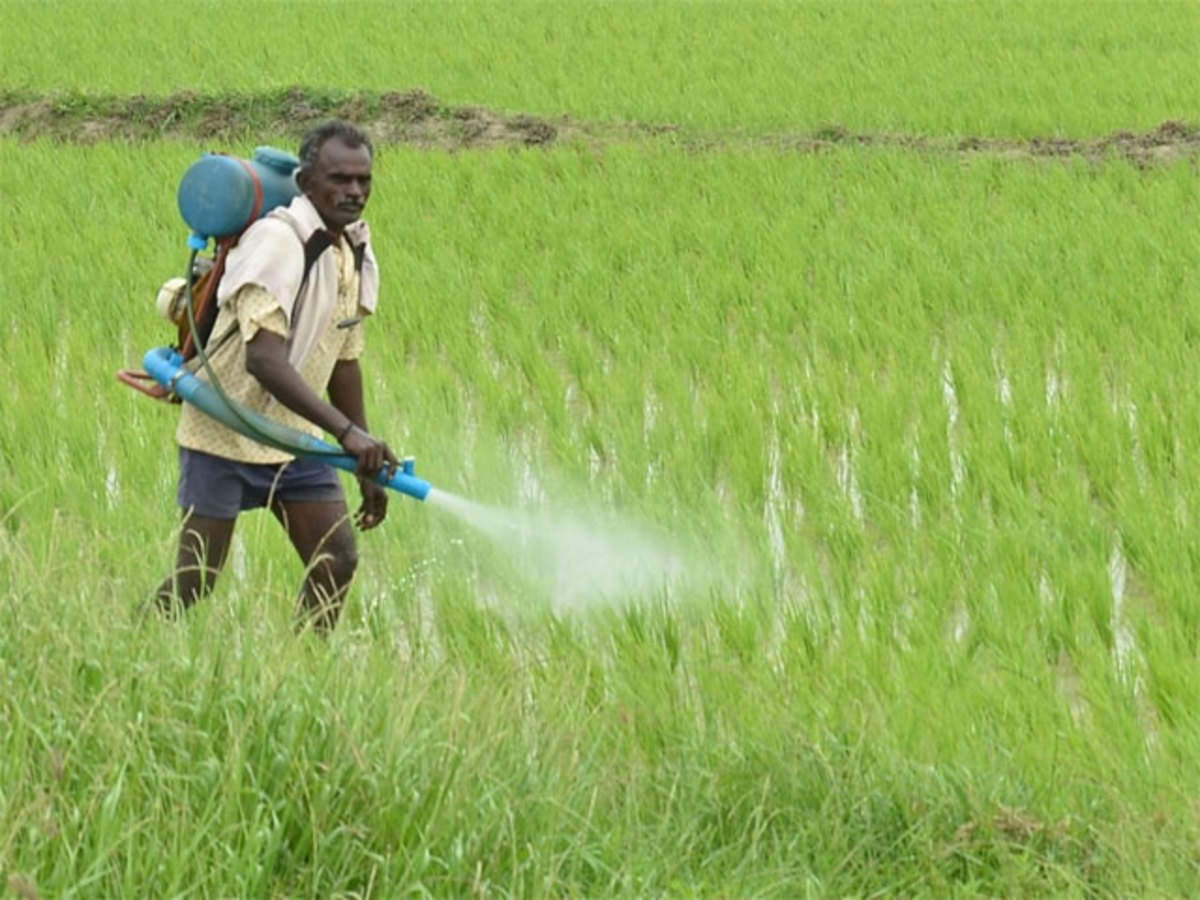A series of events have made fertiliser prices hit the roof on the back of Russia’s invasion on Ukraine and the last year export ban by China on select fertiliser items to safeguard their own domestic market. China had put a ban on the export of nitrogen and phosphate fertiliser, effectively shutting off the supply to the international markets. Global supplies have been hit very badly and, therefore, international prices for raw materials that make up the crop nutrients commodity market such as potash, urea, phosphate, ammonia, nitrogen, etc have risen tremendously. Grain prices have also been rising in the last few months as importers are heavily reliant on supplies from the Black Sea region and they do not want to engage with Russian companies. The Indian government has been quick to respond to this volatile global fertiliser prices. Since India is the world‘s largest importer of fertilisers and with fertiliser prices extremely high in recent times, the government has made advance purchases of key fertiliser to ensure availability during the kharif season. Recently, the government did a smart thing by sending a message to the international fertiliser companies that they would buy Di ammonium phosphate (DAP) only below the $920 rate and requesting all Indian companies to stop fresh purchases. By ensuring to cap the prices, the signal went out to fertiliser companies that the government had sufficient stocks and also tied up enough supplies for the upcoming season. Russia which accounts for around 14% of global fertiliser exports has temporarily suspended outgoing trade exports sending a strong ripple effect across global food markets. Further more, gas being a key input for production of fertiliser has also seen prices going up substantially on curtailment of production and availability. Food and Agri analysts are suggesting that due to supply side risks, high demand, lower yields due to climate change and many other disruptions, the fertiliser market imbalance is going to see higher prices for most part of 2022. Agri analysts are also expecting food insecurity and more self-sufficiency drives by countries around the world. Hence, fertiliser shares can be looked as a good investment by portfolio investors for reasonable gains over the next one year timeframe.
Rajiv Kapoor is a share broker, certified mutual fund expert and MDRT insurance agent.
Fertiliser shares may give good gains in next one year
- Advertisement -

